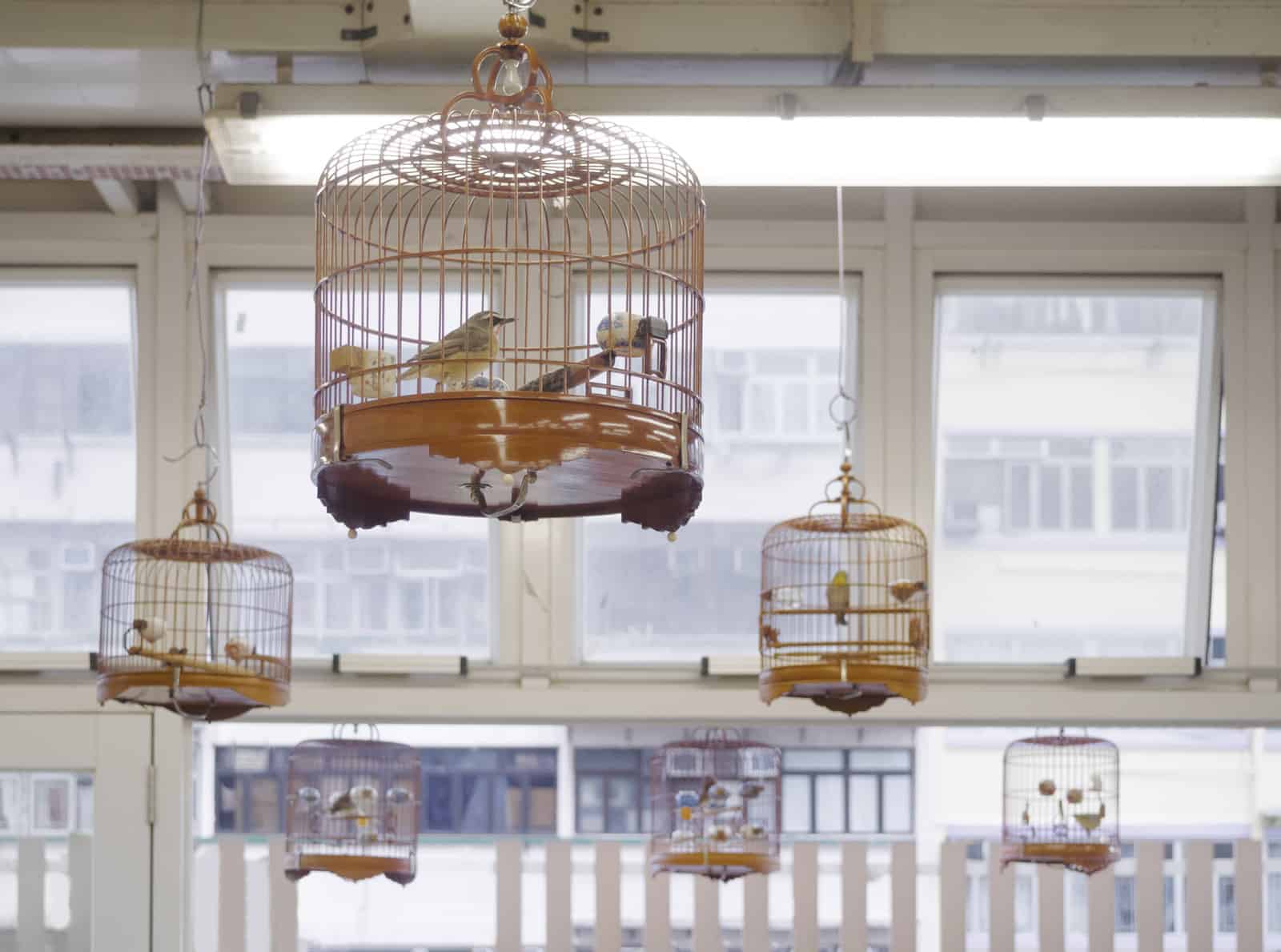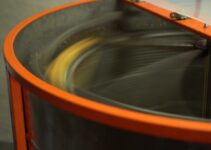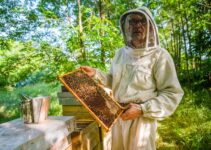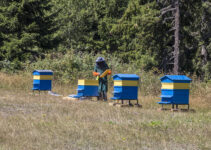If you are a bird owner and have beeswax candles around your house, have you ever wondered about the safety of these candles on your bird’s health? I am sure you are aware that a bird’s respiratory system is delicate at the best of times, and inhaling certain fumes can potentially cause damage and even death. But does this apply to beeswax candles? Are beeswax candles safe for birds? Let’s find out together!
Pure beeswax is safe for birds, as beeswax is a 100% natural and non-toxic material. The problem comes when you burn any material that will release soot (or other particles) into the air that your bird breathes. These particles could damage your bird’s respiratory system over time and lead to health problems or even death. So best not burn anything (including beeswax candles) around birds.
How Does a Bird Breath?
Birds need to have a hyper-efficient respiratory system, so they can do things such as fly and sing at the same time. They have a higher breathing rate than humans, pretty much double the speed and often more (depending on the species). Birds also need to be more efficient at getting oxygen out of the air than humans, especially those species that fly at higher altitudes where the oxygen in the air is much less.
The bird’s respiratory system is made up of several ‘breathing sacks’ in a constantly inflated one way breathing network. This is much more complex than a human’s much simpler lung based system.
Twenty percent of a bird’s body is taken up by its respiratory system, compared to around twenty percent for us humans. Whatever they breathe is absorbed by their whole body quickly!
All in all, you can see that a bird’s way of breathing is of massive importance to their wellbeing and comes packaged as a highly complex and efficient system.
How Birds Can be Affected by Fumes in the Home
This is great whilst birds are out in the wild, but when we are talking about pet birds, their respiratory system is much more sensitive than humans and can be damaged by fumes around the home that we humans don’t even notice.
Anytime you burn anything, combustable particles are released into the air (usually in the form of soot fumes). These particles can be harmful to your bird. This is made worse if these fumes are coupled with dangerous chemicals.
Beeswax Candles VS Pet Birds
When talking about beeswax candles, the actual beeswax is safe for birds, but the problem comes with the burning involved with a candle and the related fumes it produces into the air. Candle wicks used to be made with lead in them, which is incredibly toxic to birds. And even modern candles often use zinc in them, which again is toxic to birds. Add to this any additives the candle maker has put into the beeswax itself, and it is a recipe for bird disaster! You may think that beeswax candle is pure, only to find out it contains harmful paraffin (for example).
This is why I would recommend NEVER using any candles around birds. Even with the most natural pure beeswax and most natural cotton based wick, the fumes your candle is producing could still not be good for your bird over time. Better to be safe than sorry, in my humble opinion.
If you really must use candles at home, make sure to keep your pet birds in a separate room with an air purifier running to minimize any impact on the bird, giving them the best possible air quality.





You look way too young to be a grampa!
I have always made my beeswax and organic olive oil lotion that I use on my skin, lips, wounds, etc. Have been using and loving it for many years.
When giving some to friends, I wonder if the white beeswax is more appealing. I have always used the yellow but now I wonder if white is often preferred, and is there any advantage or disadvantage to either. Also looking for a good place to buy quality, US made beeswax pellets. If it says ‘organic’ what does that mean? I only buy organic produce, but the bees go where they go so I’m not sure what organic beeswax is.
Thanks for your thoughts!
Molly